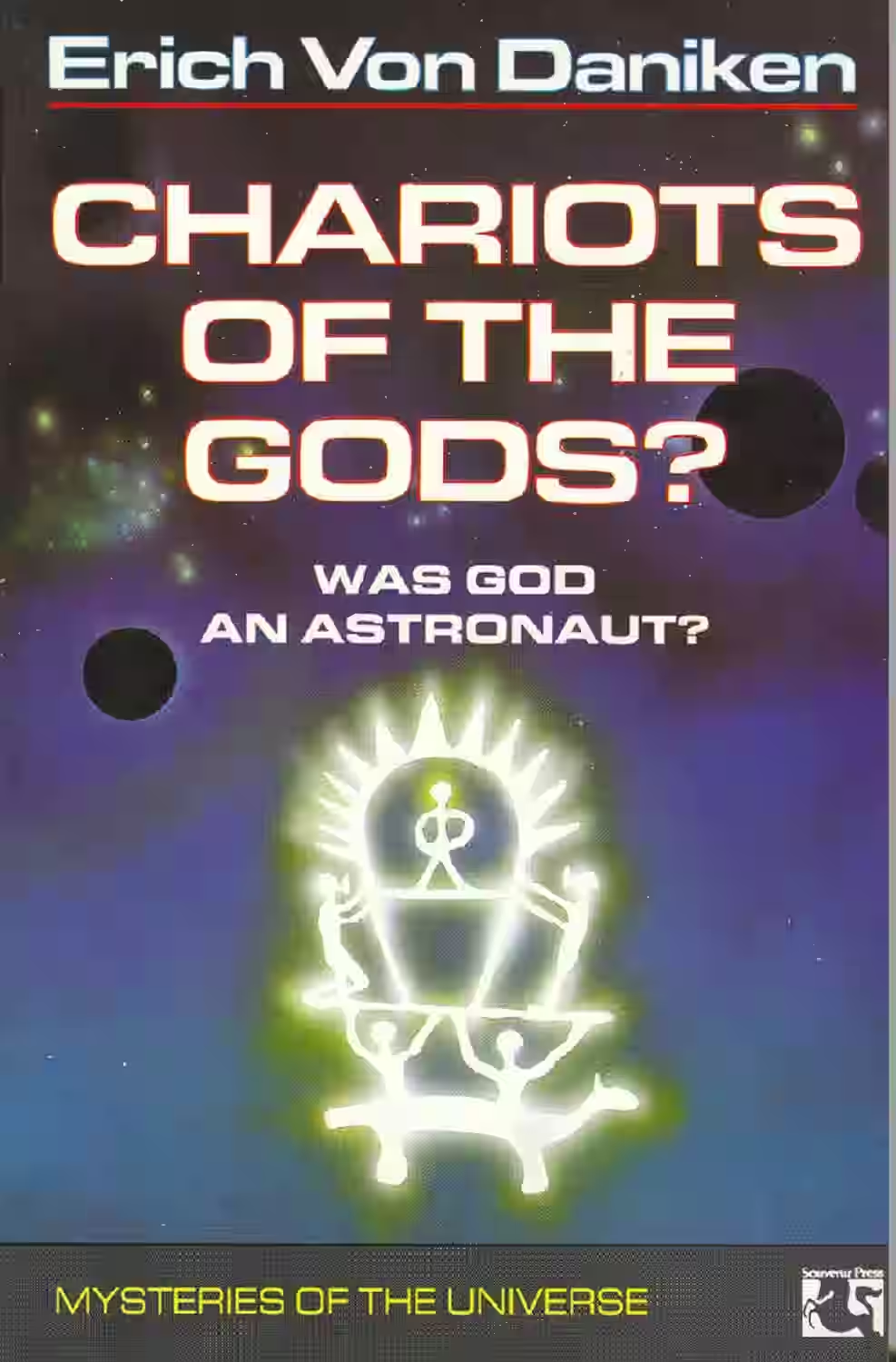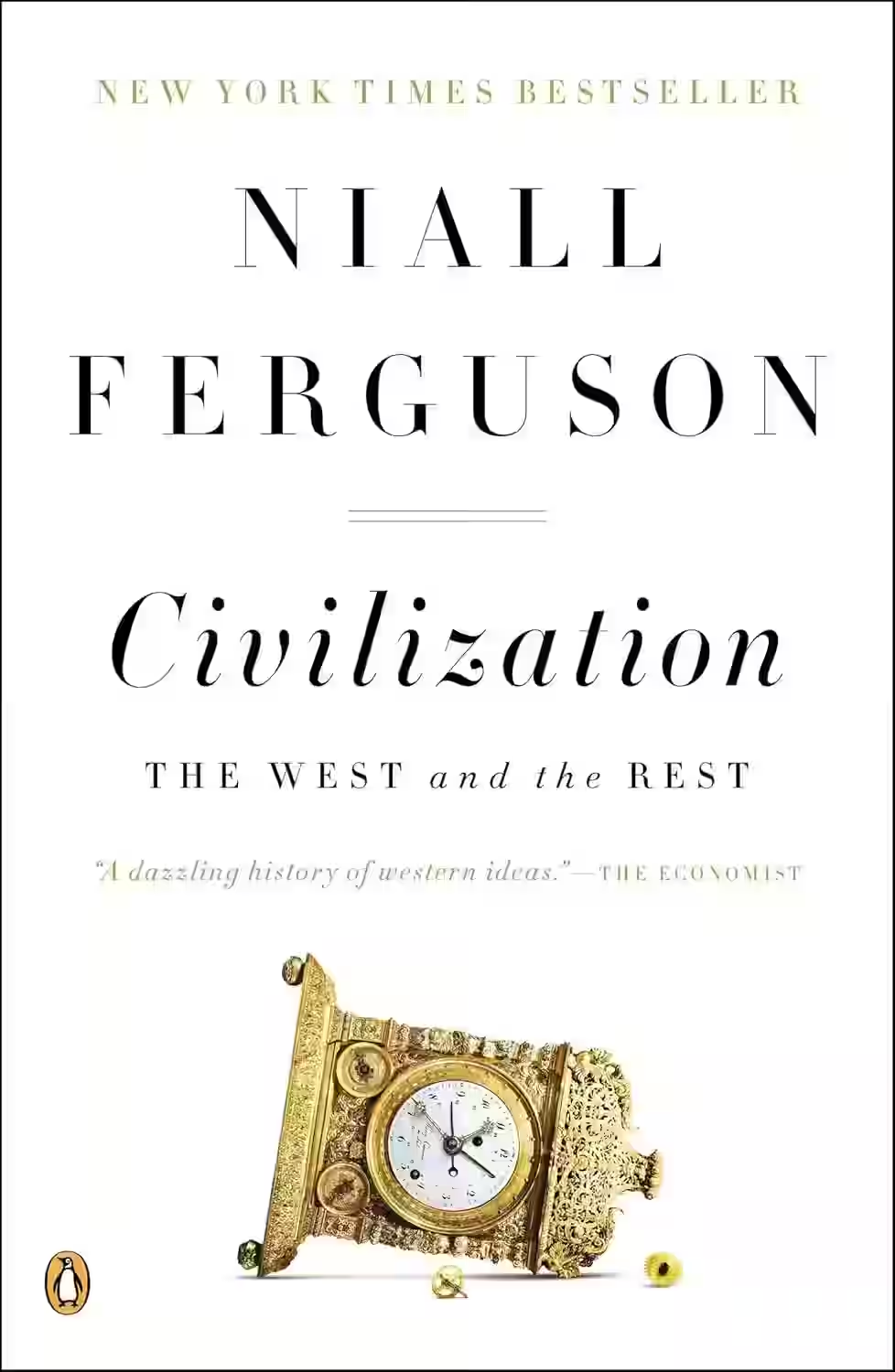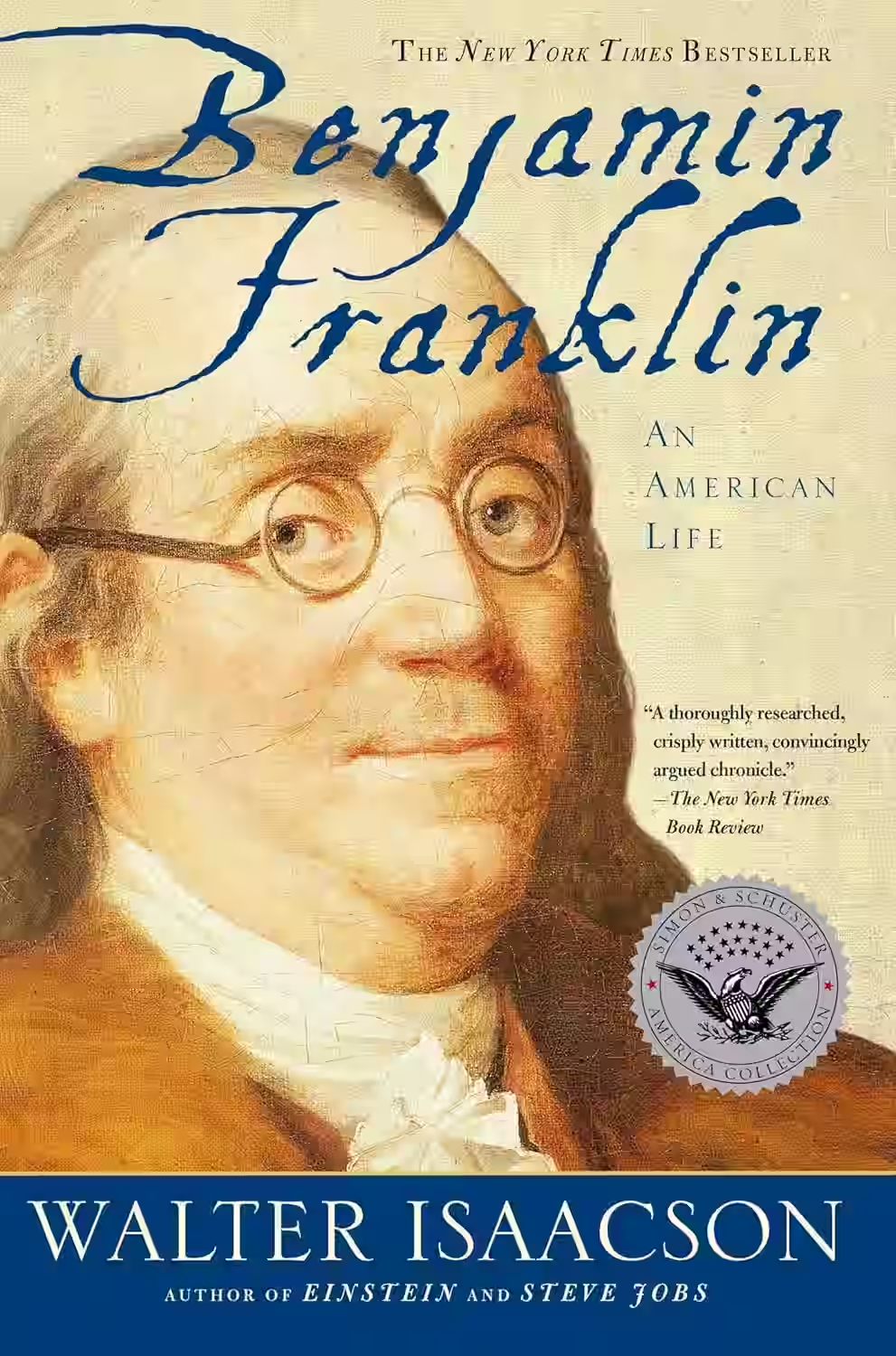
In 'Chariots of the Gods,' Erich von Daniken explores the theory that ancient civilizations received help from advanced extraterrestrial beings. Through his research and analysis of various archaeological sites and ancient texts, von Daniken presents compelling evidence to support his bold claims. The book delves into mysteries like the construction of the Egyptian pyramids, Nazca lines in Peru, and the Moai statues of Easter Island, offering thought-provoking insights into the possibility of alien intervention in human history. 'Chariots of the Gods' challenges readers to question mainstream perspectives on ancient civilizations and contemplate the role of otherworldly influences. Von Daniken's unconventional theories have sparked debate and captivated audiences worldwide.
About Erich von Daniken
Erich von Daniken, born in 1935 in Switzerland, is a renowned author known for his controversial theories on ancient astronaut visits to Earth. His groundbreaking book 'Chariots of the Gods?' catapulted him to international fame in 1968, sparking debates about extraterrestrial influences on ancient civilizations. Von Daniken's vivid imagination and meticulous research have inspired a generation of readers to reconsider the mysteries of human history and archaeology. Despite facing criticism from mainstream scholars, his captivating storytelling and thought-provoking ideas continue to captivate audiences worldwide, leaving an indelible mark on the literary landscape of speculative non-fiction.
Similar Books

The End of History and the Last Man
In 'The End of History and the Last Man,' Francis Fukuyama explores the concept of the end of history, arguing that liberal democracy represents the final form of government and the ultimate goal of human socio-political development. Fukuyama delves into the Hegelian idea of humanity's journey towards a universal state of freedom and democracy, positing that the fall of the Soviet Union marked the realization of this vision. However, he contemplates the challenges to this theory, particularly the rise of identity politics and challenges to the liberal democratic order. This thought-provoking book continues to spark debates on the future of global governance and ideology.

Civilization: The West and the Rest
In 'Civilization: The West and the Rest,' Niall Ferguson delves into the history of Western civilization, exploring the factors that propelled the West to its position of global dominance. Ferguson discusses the key institutions, technologies, and cultural values that set the West apart from other societies. Through a meticulous analysis, he argues that these unique factors enabled the West to surge ahead economically and politically. By comparing Western achievements to those of other civilizations, Ferguson prompts readers to ponder the future trajectory of global power. This thought-provoking book offers a fresh perspective on the roots of Western supremacy and challenges readers to contemplate the fate of civilization.

Benjamin Franklin: An American Life
In 'Benjamin Franklin: An American Life' by Walter Isaacson, readers are taken on a captivating journey through the extraordinary life of one of America's founding fathers. Isaacson skillfully weaves together Franklin's roles as a scientist, inventor, diplomat, and statesman, showcasing his immense impact on shaping the American nation. Through detailed research and engaging storytelling, the book delves into Franklin's wit, wisdom, and the complexities of his character, offering a nuanced portrayal of this iconic figure. From his humble beginnings to his key contributions to the Declaration of Independence, Isaacson presents a comprehensive and insightful account of Franklin's enduring legacy.

Losing the Long Game
In 'Losing the Long Game' by Philip H. Gordon, the author delves into the complex foreign policy decisions of the Obama administration and explores how strategic missteps led to America's diminished global influence. Gordon critiques the administration's handling of critical issues such as the Syrian civil war, tensions with Russia, and the Iran nuclear deal. He argues that a lack of cohesive long-term strategy eroded American credibility on the world stage. Through insightful analysis and behind-the-scenes anecdotes, Gordon prompts readers to reflect on the implications of short-term thinking in international relations. This thought-provoking book offers a valuable perspective on the challenges of maintaining global leadership.